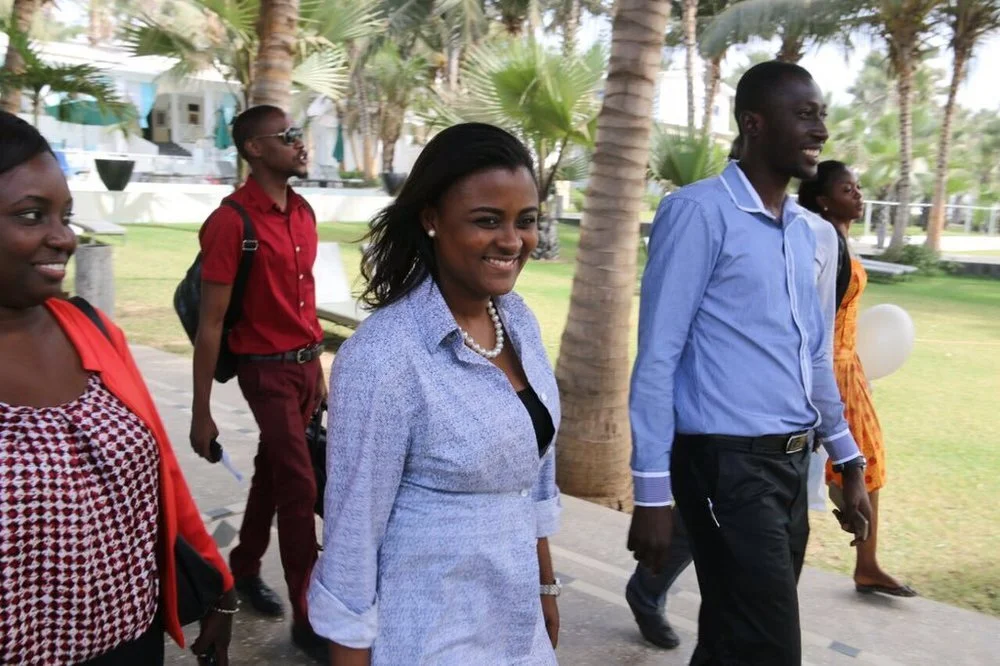Meaningful youth engagement is a participatory process in which young people’s ideas, expertise, experiences, and perspectives are integrated throughout programmatic, policy, and institutional decision-making structures so as to best inform outcomes. This process requires young people to be involved in all levels and stages of program, policy, campaign, and initiative development, including all stages of design, implementation, and evaluation; this is especially true of those programs that directly affect their lives.
Local Resource Mobilization | Trends And Practices In East Africa - 2022
Despite the vast differences between Civil Society Organizations (CSOs) and Non-governmental organizations (NGOs), most share a common dilemma: Lack of funds, which limits the quantity and/ or quality of the important work they do. CSOs increasingly find that grants and donations are inadequate to meet their program needs, let alone to expand program activities. This, therefore, calls for better local resource mobilization to enable them to meet their diverse needs.
The State Of Institutional Philanthropy In East Africa - 2021
The East Africa Philanthropy Network (EAPN) seeks to enhance the knowledge base and promote best practices for organized philanthropy. This will be realized by investing in research and innovation, documentation, and dissemination, and offering capacity strengthening support to EAPN members and other philanthropy actors. EAPN recognizes the need for relevant data as a basis of effective monitoring, reporting, and coordinating philanthropy efforts in the ever-changing landscape of institutionalized philanthropy in East Africa.
Digital Media And Information Literacy In Civic Engagement | A Handbook For Young People And Youth Organizations
This handbook will help young people and youth-led organizations to advance their digital media and information skills. It contains four chapters that have been broken down to address key concepts with regard to digital media and information literacy. Living in the 21st Century, media has rapidly become central to everyday life. Through the ever-improving use of technological tools such as mobile phones, tablets, laptops, and computers, users have the opportunity to engage in anything from political and social debates and educate, inform, and entertain themselves and others around the world.
Administration Costs Research Project | Breaking The Starvation Cycle.
The overhead myth that suggests that low overheads in nonprofits are a sign of efficiency has led to many donors underfunding the associated administration costs of their project grants and driven a vicious 'starvation cycle.' Through the Administration Costs Research Project, evidence gathered reveals how international donor funding covers the real administration costs of national NGOs. The Funders for Real Cost, Real Change (FRC), a collaborative of private foundations, commissioned this research and sought recommendations on how funders could provide adequate cost coverage and strengthen their grantees' financial health and resilience.
Digital Media Literacy and Youth Civic Reasoning in Kenya | Baseline Report
The Youth Café seeks to equip young people with critical media literacy skills: critical thinking, fact-checking, online safety, social media verification, and quality assessment of online information and their sources through a dedicated handbook. This report encapsulates The Process, Findings of the Literature Review, Findings from the Focus Group Discussions and Key Informant Interviews, Conclusions and finally Recommendations.








